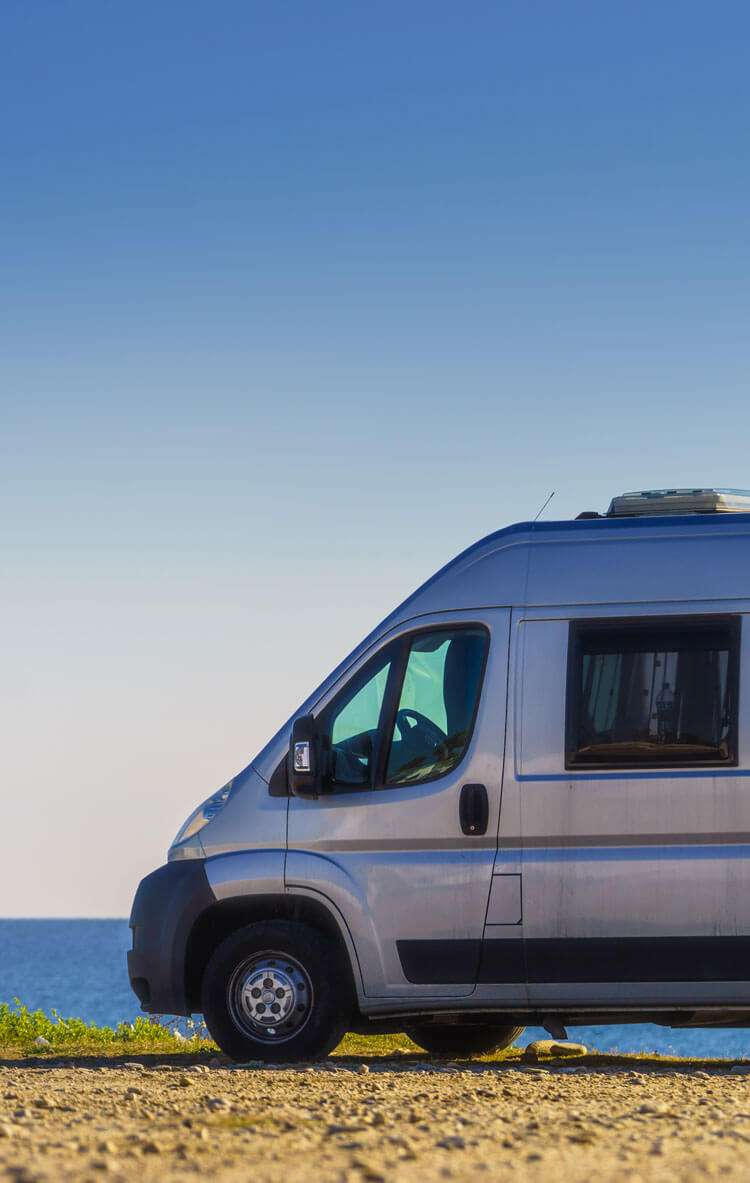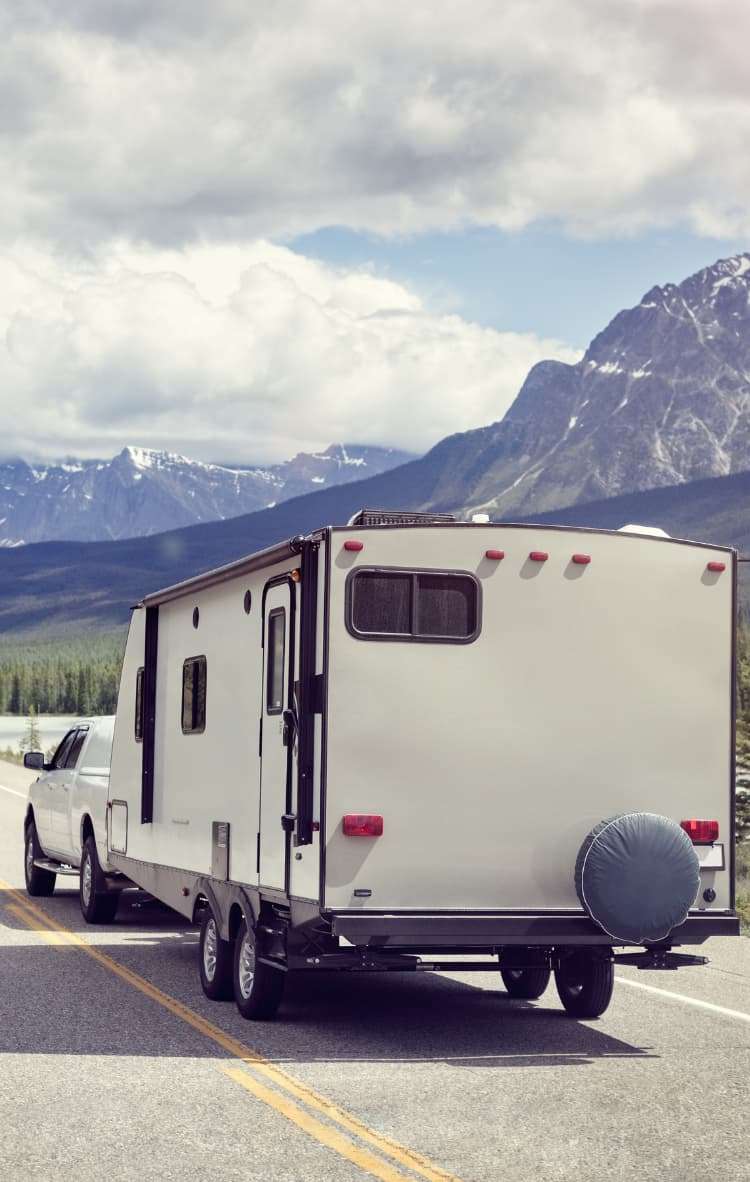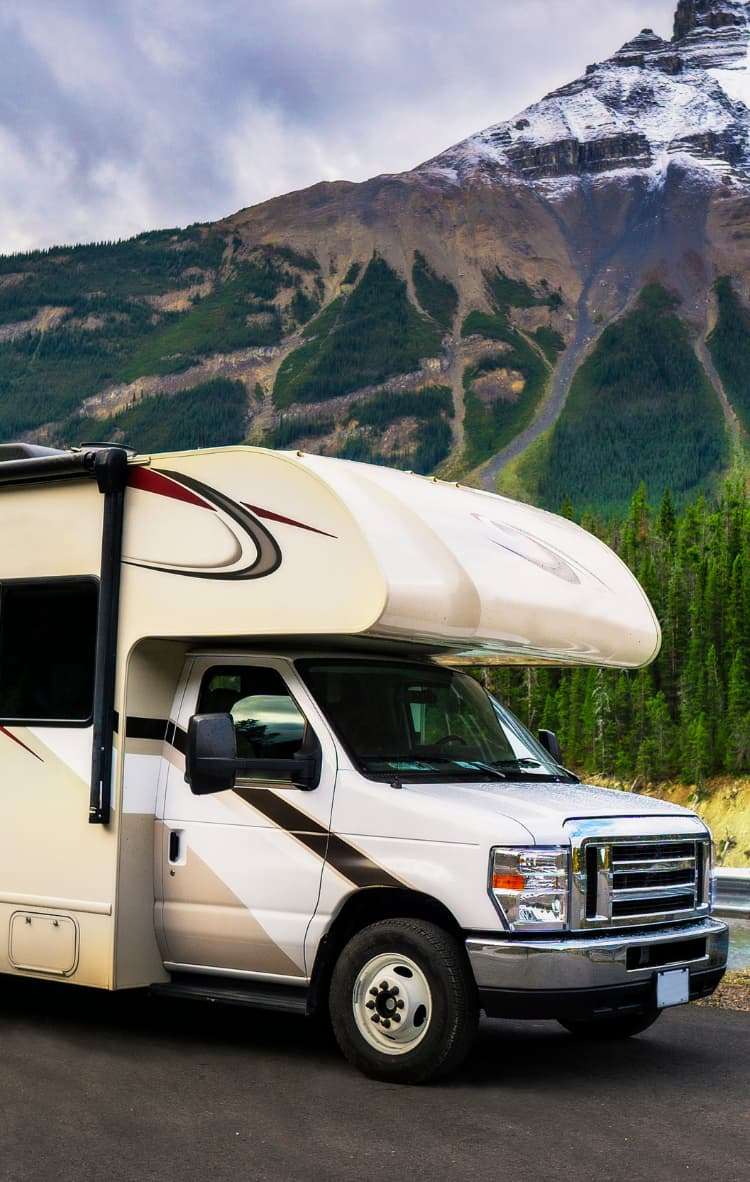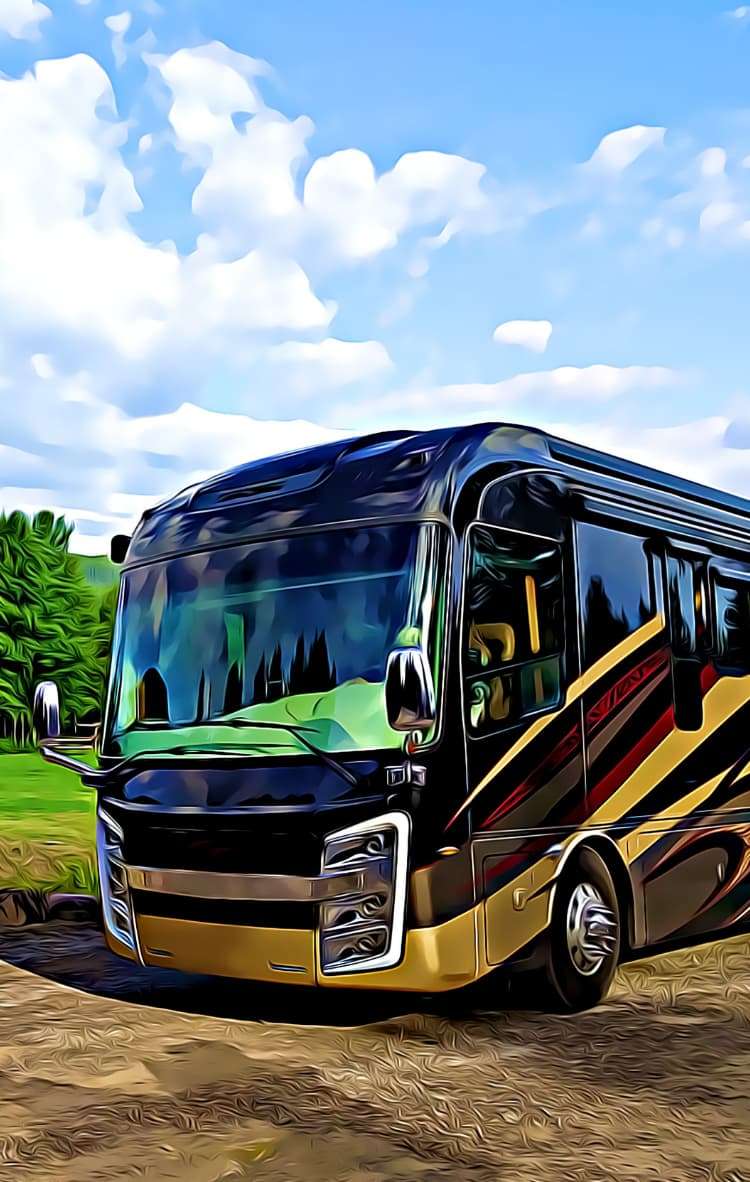Search RV Rentals by Type
How It Works
Send the RV owner a reservation request for the dates you choose.
Schedule a pick-up time with the owner or have the RV delivered to your campsite.
Enjoy the freedom of the open road with the peace of mind that comes with knowing that roadside help is available 24 hours a day, seven days a week.
After your exciting adventure, return the RV to its owner in the same condition you received it.
Add images, a description, and your RV’s location.
Manage all of your booking requests from your dashboard.
Meet the renter and give them a tour of your RV as well as some travel advice.
Expect money in your bank account within 24 hours of a returned RV rental.
Search RVs by State
Popular RV Destinations

Get your FREE RV Travel Journal
Own an RV?
Earn money by renting out your RV.
List for free and rent out your RV anytime, with full renter verification and RV insurance protection.
Why CheapRV.com?
Our RV rental search engine has everything you need to plan your RV trip, from start to finish.

Easy RV Rental Search
Find your perfect RV rental in just a few clicks with our RV search tool.

Convenient Pickup Locations
Pick up your RV rental anywhere you plan to start your RV trip.

The Best Insurance Protection
Rent worry-free knowing that you are covered by the best RV rental insurance.

Travel Tips & Deals
Get the best travel tips and deals to help you get the most out of your RV journey.




